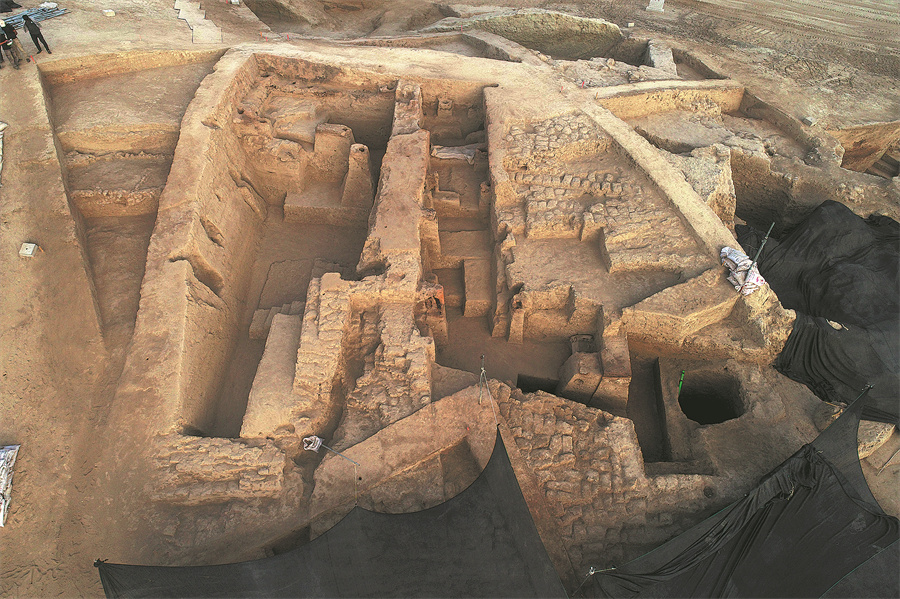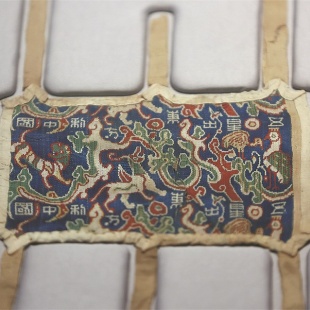Ancient heritage highlights Xinjiang's key national unity role


Thanks to new archaeological exhibitions, the museum has received more than 1.7 million visits since its re-opening last year. In busy periods, it welcomes more than 15,000 people a day.
"During an excavation, we often find many relics of the same type and design, such as pottery," Dang said. "Apart from providing us with samples to continuously study at the institute, these relics can provide rich collections for the growing number of new museums across the region."
Zoya Baqit, an associate research fellow at Altay Museum in northern Xinjiang, who joined the excavation at the Tongtiandong site, said: "I simply cannot believe that I can make a contribution to such a milestone discovery. It makes me feel proud of my hometown."
Graduating from Xinjiang University after studying history, Zoya, a member of the Kazakh ethnic group, feels that archaeology helps locals better understand their past and provides a big picture of how different cultures met with each other.
For example, at the Tongtiandong cave site, archaeologists found 5,000-year-old carbonized grains of millet and wheat. Millet was thought to originate from North China — the world's oldest-known human-cultivated millet grains were found in Beijing about 10,000 years ago — while wheat was widely considered to be first grown in the Mesopotamia region in West Asia.
"The discovery of millet and wheat in Altay reflects the pivotal role our hometown played in linking different regions," Zoya said. "Archaeological evidence shows the close connections between Xinjiang and the plains of central China throughout history. I want to explain this interesting story to younger visitors in my daily work."
- Chinese, Mongolian militaries to hold joint exercise
- Bonded zone in Horgos attracts foreign companies
- Horgos Port channels fresh Chinese fruit to Kazakhstan
- Earthquake rattles Xinjiang; no injuries or damage
- Seventh Belt and Road Teenager Maker Camp and Teacher Workshop (China-Central Asian Project) opens in Xinjiang





































